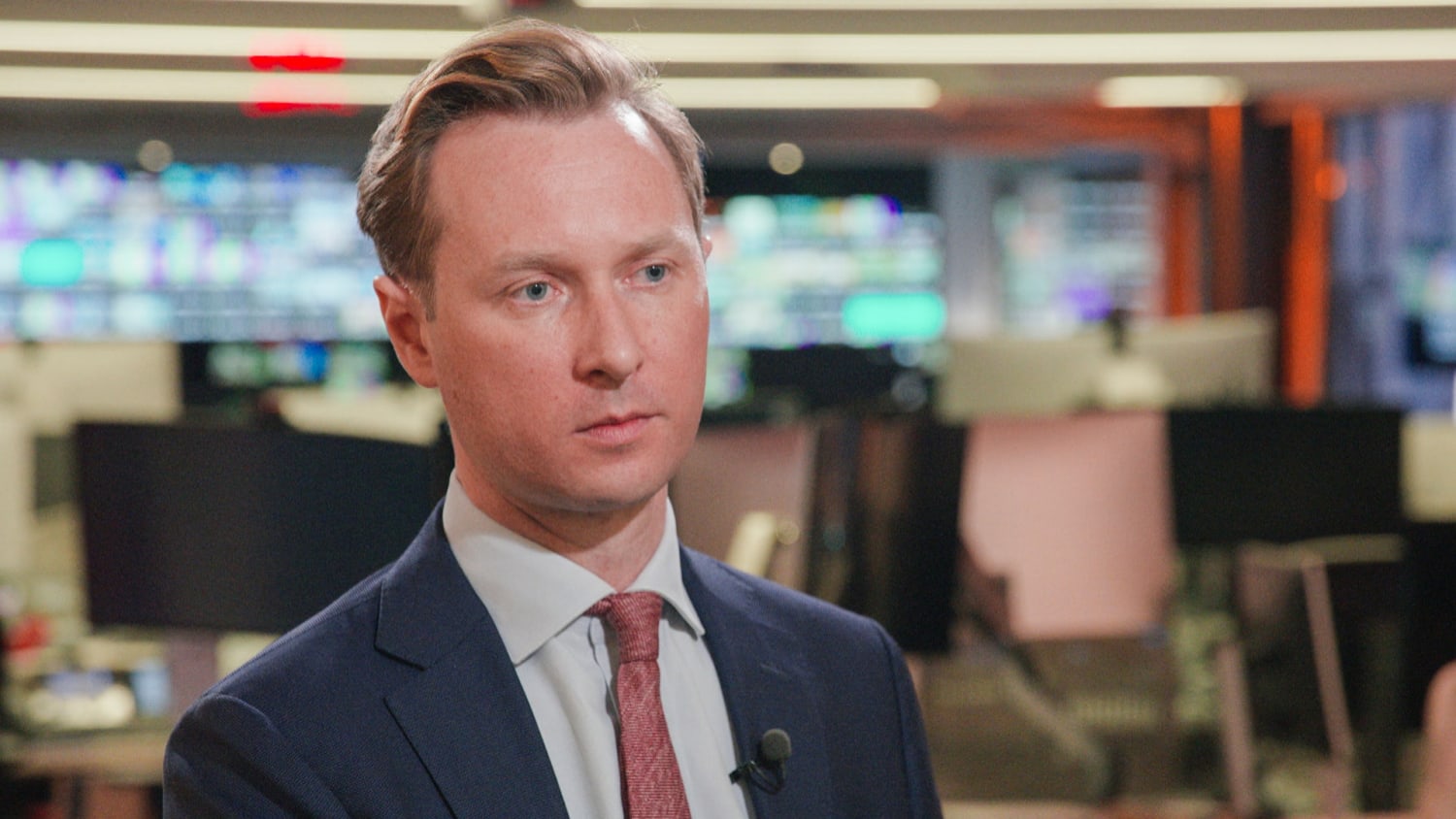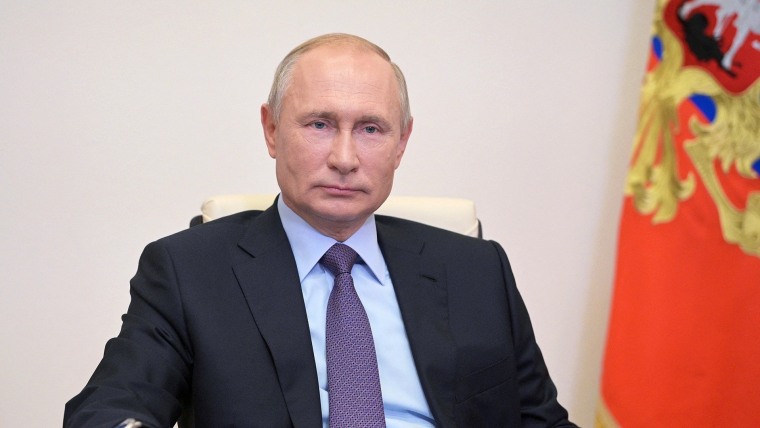The top Justice Department prosecutor hunting Russian oligarchs’ money is ratcheting up the pressure on the ultra-wealthy businessmen, warning that he will use every tool available to track down what he called the “fruits of a luxurious life that is ill-gained.”
The world is becoming “smaller and smaller for people who have aided this regime in Russia,” Andrew Adams, a veteran corruption prosecutor tapped to lead the KleptoCapture task force, said in an interview.
“There will not be an escape hatch around the sanctions through money launderers and opaque financial networks.”
The task force — made up of prosecutors, agents, analysts and linguists — will investigate and prosecute current and future sanctions as a result of the Ukraine invasion. That will include combating illegal efforts to undermine the restrictions on Russian financial institutions, targeting efforts to use cryptocurrency to evade sanctions and using civil and criminal asset forfeiture authority to seize assets belonging to people subject to sanctions.
“The reason for coming to work is to chase the money and then to chase the crime underneath the money,” said Adams, a longtime prosecutor in the U.S. Attorney’s Office in Manhattan, New York.
“Real estate, yes. Bank accounts, yes,” Adams said. “We’re talking about luxury buildings, luxury real estate.”
Adams said the task force’s subpoena power is “critical.” It gives the unit access to records and documents and allows it to review financial transactions when it is investigating a person or an organization.
Still, it can be a complex and lengthy process, requiring investigators to track down and interview multiple people, such as bankers and real estate agents, and comb through reams of records.
Depending on the case, law enforcement could uncover “tens of millions of documents,” “thousands of bankers boxes of documents” and “interviews and witnesses that go back decades,” Adams said.
Of the Russian oligarchs’ possibly ill-begotten property, federal prosecutors have zeroed in on private jets, luxury real estate, bank accounts and even artwork. But for law enforcement to confiscate and ultimately gain ownership of an asset, they must “link the property to a crime,” Adams said.
Prosecutors must go before judges and get warrants to seize the items.
“You have to be able to describe not only what crime was committed with a degree of probable cause, but you have to trace the property to the commission of the crime,” Adams said.
Adams declined to name the oligarchs or organizations his office is specifically targeting, but he said those listed on the Treasury Department’s sanctions list “are clearly in the crosshairs.”
Nearly 900 Russian individuals and entities are on the U.S. sanctions list, including more than 200 added under a new round of sanctions imposed last year.
The Biden administration ordered new sanctions against Russian oligarchs and others in President Vladimir Putin’s inner circle this month in response to the invasion of Ukraine. Among those targeted were Yevgeniy Prigozhin, a wealthy businessman known as “Putin’s chef,” and Alisher Burhanovich Usmanov, one of Russia’s richest men and a close ally of Putin.
The KleptoCapture task force will also target financial institutions and entities that have helped oligarchs move dirty money and dodge U.S. sanctions. Those “who assist either knowingly or by turning a blind eye” are “running the risk of criminal liability,” Adams said.
Early this month, federal prosecutors charged a U.S. citizen, John Hanick, with helping a Russian oligarch set up and operate a cable television news network in Russia. Hanick worked for Konstantin Malofeyev, identified as one of the primary sources of financing for efforts to promote Russian separatist groups in Ukraine, according to court documents.
Hanick was arrested in London, and the U.S. is seeking his extradition.
While U.S. sanctions against Russian elites sent shock waves worldwide, tracking down and seizing their assets will not be easy. Some oligarchs have taken elaborate steps to conceal their assets by using secret bank accounts, shell companies and offshore facilitators.
“The work is hard, and the people who do this work take it very seriously and are held to an extremely high standard,” said Adams, adding that the task force is committed to taking the “time to get it right.”
Emily R. Siegel contributed.
Source: | This article originally belongs to Nbcnews.com











